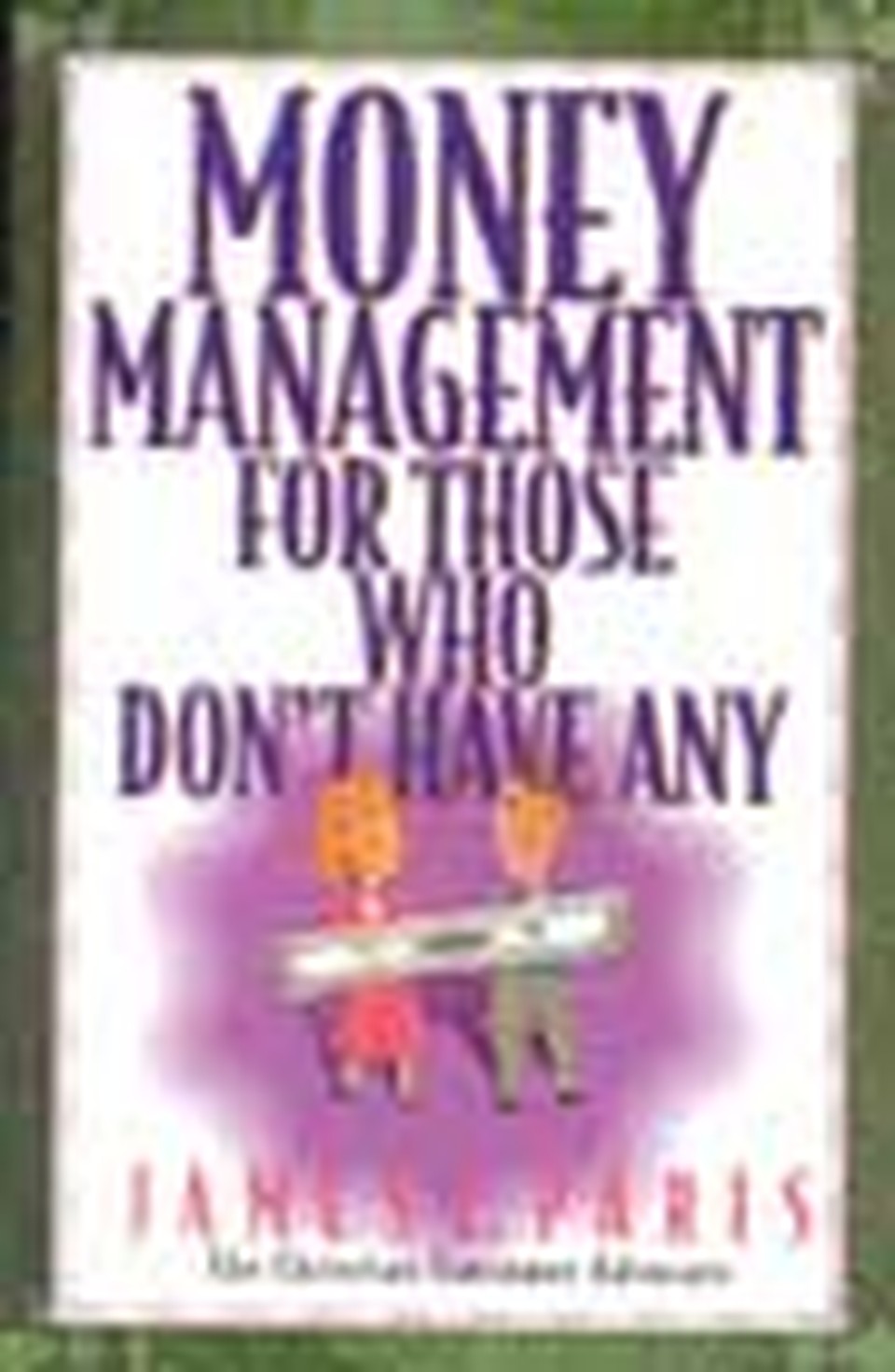File Your Taxes on Time

No matter what ... file!
Too many people, when faced with the reality of having insufficient funds to pay their April 15 income-tax bill, opt to simply not file. Let's be clear about this: The worst thing you can do when it comes to the Internal Revenue Service is to not file an income-tax return. You should never view filing as an option because it's not. While it's true that people who don't meet certain minimum income requirements don't have to file, you have to be at true poverty level in order to qualify.
Many people decide each year that they're not going to pay their taxes for one reason or another. Some people make the claim that the filing of taxes violates their religious beliefs, while others maintain that the government has no right to tax in the first place. The clear majority of nonfilers, however, are average people with average beliefs and sensibilities who simply choose not to file, believing they won't be noticed. The truth is that there have been a lot of court challenges to the requirement that the citizenry be required to file a tax return, but none have been successful. I wouldn't hold your breath that any of them ever will be. As soon as Uncle Sam deems any reason or circumstance worthy of excusing a citizen from filing a tax return, you'll have people all over the country doing their very best to meet the requirement - whatever it happens to be.
A lot of people who don't file aren't noticed, at least right away, but the situation tends to snowball. Once you choose not to file one year, you have made it tough on yourself if you decide to file in the future. What happens next is that many of the folks in this situation find themselves outside the taxpaying mainstream and unable to break back in. As time goes by, paranoia sets in, and these people find themselves limiting their involvement in society as a whole in an effort to avoid being caught by the tax-man.
The IRS views a fraudulent and willful failure to file as one of the greatest offenses that a citizen can commit against the agency (and the government). If you file late, you'll pay 5% of what you owe (in total) for each month you're late. This sum can go as high as 25% of the taxes you owe. On top of this, you'll likely be hit with interest and penalties. If you file a return but can't afford to pay your tax bill, you must pay one-half percent each month of the outstanding balance, up to 25% of the total owed. However, as bad as all this seems, this is nothing compared to what you'll face if you're caught by the IRS for willful failure to file. You could find yourself paying as much as an additional 75% of the amount of your tax bill. Plus, you could face some time in jail!
If the only reason you're thinking of not filing is because you fear you won't have enough money to pay your taxes, you should know that the IRS lets people who are in this situation make monthly payments on their tax bill. If you've calculated your taxes for a given year and find that your bank account will be short what you need to pay the bill, you have the option of calling the IRS and requesting that they let you pay off your obligation in installments. As long as you are up-to-date on all of your other tax obligations for previous tax years and are making regular tax payments currently (through withholding or estimated tax payments), your request to pay off your outstanding tax bill through the use of a payment plan will likely be approved. I know people who are on this type of plan with the IRS, and they report having no problems, according to them, they aren't hassled in any way. In fact, they don't even hear from the IRS beyond their receipt of a monthly statement that shows how much money they have left to pay off. (It also includes an envelope in which to return the payment!)
There's really nothing to be afraid of when dealing with the IRS. The key is to always be up-front and aboveboard in your dealings with them - and that includes making sure you file a return each year.
Excerpt taken from Money Management for Those Who Don't Have Any by Jim Paris, copyright 1998 by Harvest House Publishers, published by Harvest House Publishers, Eugene, Or. Used by permission. Click on the link below to buy this book online.
Jim Paris is the author of Living Financially Free and The Living Financially Free Workbook. The founder and CEO of five corporations ranging from financial planning to life insurance, Jim appears on more than 100 radio and television talk shows each year.
Have you ever been caught by surprise by an unexpectedly large tax bill? If so, how did God help you arrange your finances to pay it? Why is it important to you to file your taxes every year? Visit Crosswalk's forums to discuss this topic by clicking on the link below.
Originally published April 12, 2002.







